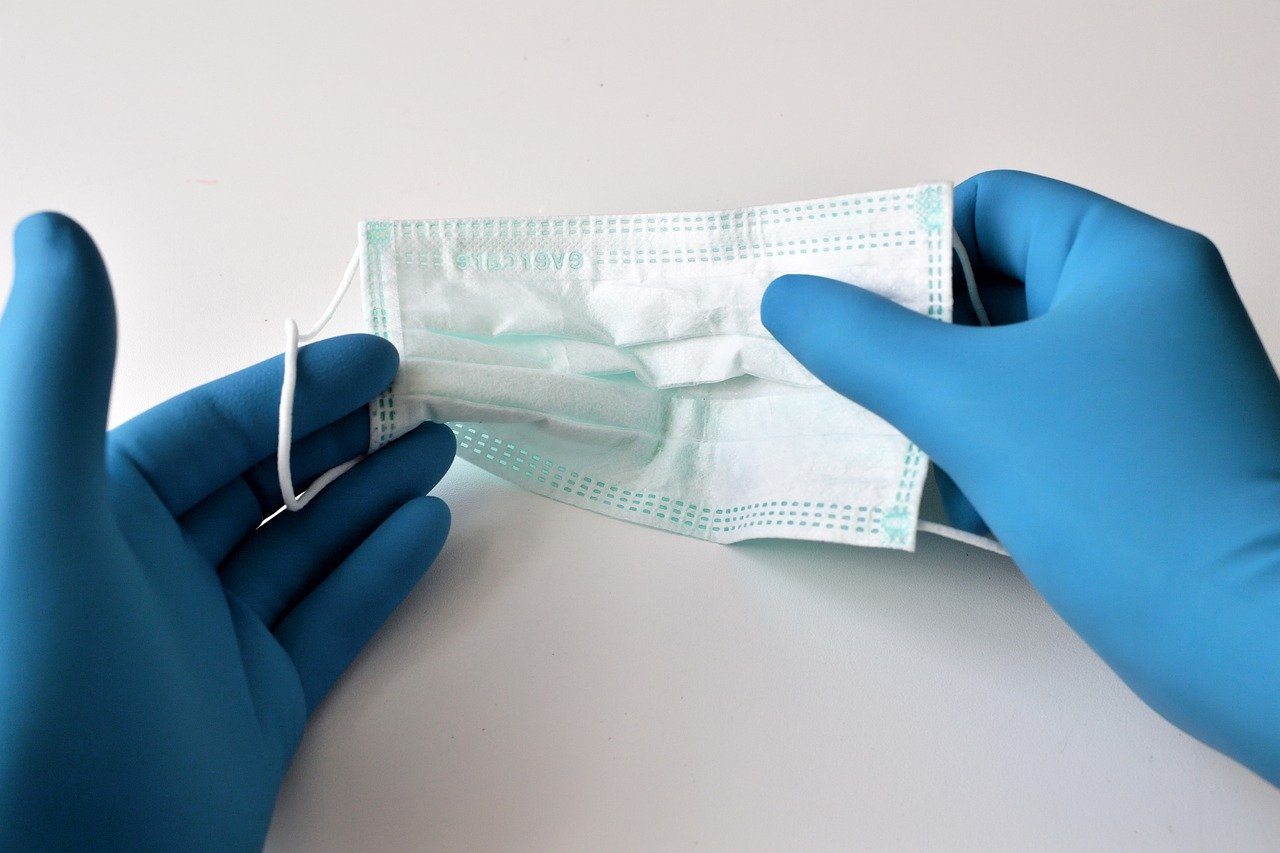
What You Should Know:
– New Mayo Clinic study reveals strong correlations were found between keyword searches on the internet search engine Google Trends and COVID-19 outbreaks in parts of the U.S.
– The Mayo Clinic study searched for 10 keywords that were chosen based on how commonly they were used and emerging patterns on the internet and in Google News at that time.
Strong correlations were found between keyword searches on the internet search engine Google Trends and COVID-19 outbreaks in parts of the U.S., according to a study published in Mayo Clinic Proceedings. These correlations were observed up to 16 days prior to the first reported cases in some states.
The Mayo Clinic study searched for 10 keywords that were chosen based on how commonly they were used and emerging patterns on the internet and in Google News at that time.
The keywords were:
– COVID symptoms
– Coronavirus symptoms
– Sore throat+shortness of breath+fatigue+cough
– Coronavirus testing center
– Loss of smell
– Lysol
– Antibody
– Face mask
– Coronavirus vaccine
– COVID stimulus check
“Our study demonstrates that there is information present in Google Trends that precedes outbreaks, and with predictive analysis, this data can be used for better allocating resources with regards to testing, personal protective equipment, medications and more,” says Mohamad Bydon, M.D., a Mayo Clinic neurosurgeon and principal investigator at Mayo’s Neuro-Informatics Laboratory.
“The Neuro-Informatics team is focused on analytics for neural diseases and neuroscience. However, when the novel coronavirus emerged, my team and I directed resources toward better understanding and tracking the spread of the pandemic,” says Dr. Bydon, the study’s senior author. “Looking at Google Trends data, we found that we were able to identify predictors of hot spots, using keywords, that would emerge over a six-week timeline.”
